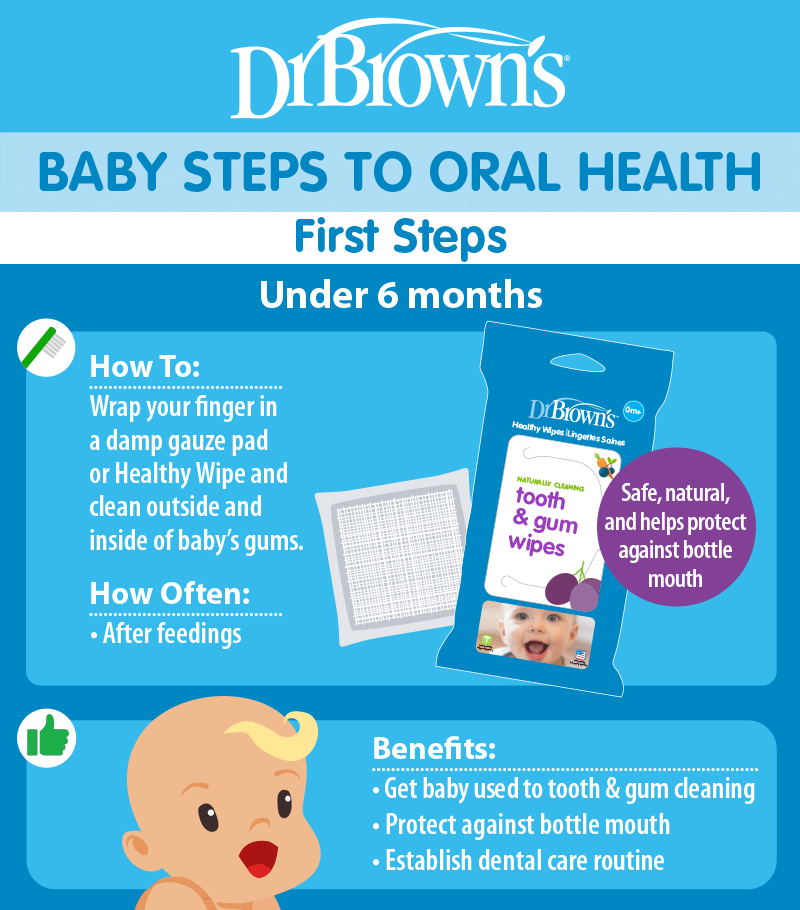
Caring for Babies’ Teeth: A Comprehensive Guide for Parents
The arrival of a newborn baby brings immense joy and responsibility. Among the many aspects of caring for your little one, ensuring the health and well-being of their teeth is paramount. While baby teeth may seem temporary, they play a crucial role in a child’s overall development and oral health. This comprehensive guide will provide you with all the essential information you need to care for your baby’s teeth and lay the foundation for a lifetime of healthy smiles.
Understanding Baby Teeth
Baby teeth, also known as primary teeth, start developing in the womb and typically begin to erupt around 6 months of age. By the age of 3, most children have a full set of 20 baby teeth. These teeth are smaller and whiter than adult teeth and have thinner enamel. While they are not permanent, baby teeth serve several important functions:
- Proper chewing and speech development: Baby teeth allow infants and toddlers to chew and speak clearly.
- Space maintenance: They hold space for the future eruption of adult teeth.
- Facial development: Baby teeth contribute to the proper development of the jaw and facial bones.
- Protection: They protect the developing adult teeth from damage.
Teething: Signs and Symptoms
Teething is the process by which baby teeth break through the gums. It can be an uncomfortable experience for infants, causing various symptoms such as:
- Irritability and fussiness
- Increased drooling
- Biting or chewing on objects
- Swollen and tender gums
- Mild fever
- Loss of appetite
- Difficulty sleeping
Relieving Teething Discomfort
There are several ways to help relieve teething discomfort in babies:
- Massage the gums: Gently massage your baby’s gums with a clean finger or a soft toothbrush.
- Use a teething ring: Offer your baby a chilled teething ring made of rubber or silicone.
- Apply a cold compress: Place a cold washcloth or a frozen teething toy on your baby’s cheek to numb the gums.
- Give pain relievers: If your baby is in significant pain, you can consult with your pediatrician about using over-the-counter pain relievers such as acetaminophen or ibuprofen.
Brushing Baby Teeth
Even before your baby’s first tooth erupts, it’s important to start cleaning their gums. Use a soft, damp washcloth or a finger brush to gently wipe away any bacteria or food residue.
Once your baby’s first tooth appears, start brushing their teeth twice a day with a soft-bristled toothbrush and a pea-sized amount of fluoride toothpaste. Fluoride helps strengthen tooth enamel and prevent cavities.
Flossing Baby Teeth
Flossing is an essential part of oral hygiene, even for babies. Once your baby has two teeth that touch, start flossing between them once a day. Use a soft, unwaxed dental floss and gently slide it between the teeth.
Diet and Nutrition
A healthy diet is crucial for your baby’s overall health, including their oral health. Limit sugary foods and drinks, as they can contribute to tooth decay. Offer your baby plenty of fruits, vegetables, and whole grains.
Regular Dental Checkups
Regular dental checkups are essential for monitoring your baby’s oral health and preventing problems. The American Academy of Pediatrics recommends that children have their first dental checkup within 6 months of their first tooth erupting or by their first birthday.
Common Dental Problems in Babies
While baby teeth are not permanent, they can still develop certain dental problems, including:
- Cavities: Cavities are holes in the teeth caused by bacteria that feed on sugar.
- Gum disease: Gum disease is an infection of the gums that can lead to bleeding, swelling, and pain.
- Tooth decay: Tooth decay is the gradual destruction of the tooth structure.
- Trauma: Baby teeth can be damaged by falls or other accidents.
Preventing Dental Problems in Babies
There are several ways to prevent dental problems in babies:
- Brush and floss regularly: Brush your baby’s teeth twice a day and floss once a day.
- Limit sugary foods and drinks: Avoid giving your baby sugary foods and drinks, as they can contribute to tooth decay.
- Use fluoride toothpaste: Fluoride helps strengthen tooth enamel and prevent cavities.
- Regular dental checkups: Take your baby for regular dental checkups to monitor their oral health and prevent problems.
Conclusion
Caring for your baby’s teeth is an essential part of their overall health and well-being. By following the tips outlined in this guide, you can help ensure that your baby’s teeth are healthy and strong, laying the foundation for a lifetime of beautiful smiles. Remember, even though baby teeth are temporary, they play a crucial role in your child’s development and oral health. With proper care and attention, you can help your baby maintain a healthy smile for years to come.
